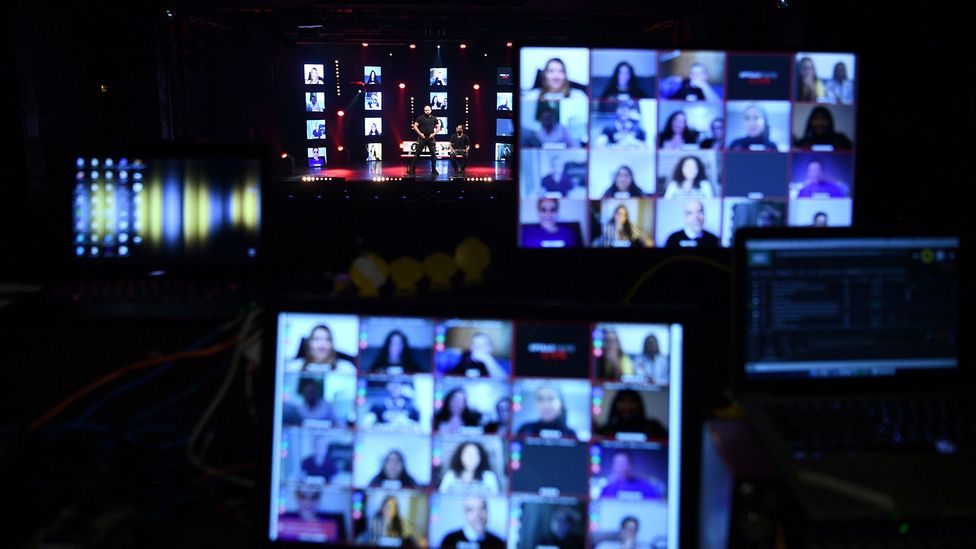The contemporary issue I discussed was impossible decision-making within the human service field, which leads to ethical dilemmas. Decision-making is often associated with fundamental values conflicts which create ethical dilemmas for those working in the human service field (Hyde, XXXXXXXXXXHuman service leaders face difficult daily decisions where value conflicts arise regarding service requirements, supporting staff, budgeting, program growth, and burnouts. Human service leaders are called on to bring about challenging outcomes that often involve essential differences in values. Such disagreements constitute ethical dilemmas. Social identity theory describes the link between change and the individuals affected.
The effectiveness of management in facilitating employees to participate in decision-making through projects that would improve the organization's values is called the social identity theory (Ling et al., n.d.). Recommendations to enhance impossible decision-making would be to implement the theory of change, which is a way of identifying areas within a program that needs to get reevaluated (Unicef Innocenti, XXXXXXXXXXDifferent methods get used to creating changes in the theory of change approach, which results in a positive outcome related to assessing the impact of a program and making those impossible decisions.
Evaluating a program's impact should constantly involve using the past theory of change methods for accuracy and revisions. The theory change is supposed to help identify the problem, explain the problem, and create a plan to better the issue. The idea of evolution can help leaders strengthen strategies in making impossible decisions and articulate objectives and roles within decision-making that leads to practical learning.
Thanks,
Renalta
XXXXXXXXXXReferences
Hyde, Cheryl XXXXXXXXXXEthical Dilemmas in Human Service Management: Identifying and Resolving the Challenges. Ethics and Social Welfare XXXXXXXXXX1080/ XXXXXXXXXX.
Ling, B., Guo, Y., & Chen, D. (n.d.). Change Leadership and Employees' Commitment to Change. JOURNAL OF PERSONNEL PSYCHOLOGY, 17(2), 85–95.https://doiorg.lopes.idm.oclc.org/10.1027/ XXXXXXXXXX/a000199(Links to an external site.)
Unicef Innocenti. (2014).Data collection & analysis[Video File]. Retrieved fromhttps://youtu.be/HFGVJJMDo4I(Links to an external site.)
COLLAPSE SUBDISCUSSIONStephanie StubbsStephanie Stubbs
Manage Discussion Entry

Image retrieved fromhttps://www.bbc.com/worklife/article/ XXXXXXXXXXthe-personalities-that-benefit-most-from-remote-work(Links to an external site.)
Hi Marcus,
What a great topic! I suspect the ability to disengage has become all the more important for folks who are used to a traditional setting and were moved to remote operations during covid. I know it took me a while to adjust when I started working online, from home, eight years ago. I'm not entirely sure that I've ever managed to strike a good balance, but the blurred lines that allow for great flexibility make the position very appealing to me. In your field, how much attention is paid to the employee side of the equation? I ask because I've had several leaders through the years, and all have been wonderful in different ways. I haven't given much thought to how I would characterize their leadership, but I have spent plenty of time pondering my own receptiveness and the qualities that allow me to flourish in this role...as well as those that make it more of a challenge! I suppose this is the psychologist in my brain, focused on the internal personality and external social "stuff".CLASS, do some types of leaders do better with some types of followers, or does the industry or role matter? In other words, if you think back to your various stats courses, are there interactions here?
Dr. Stubbs
For some additional insight:
Jarrett, C. (2020, June 2). The personalities that benefit most from remote work.BBC.https://www.bbc.com/worklife/article/ XXXXXXXXXXthe-personalities-that-benefit-most-from-remote-work